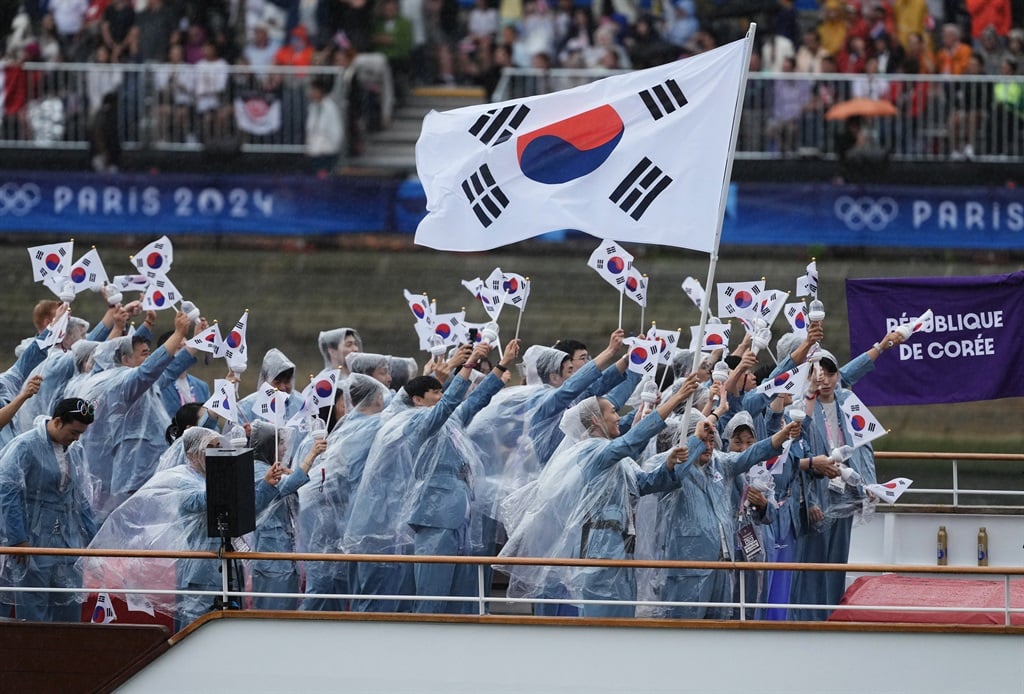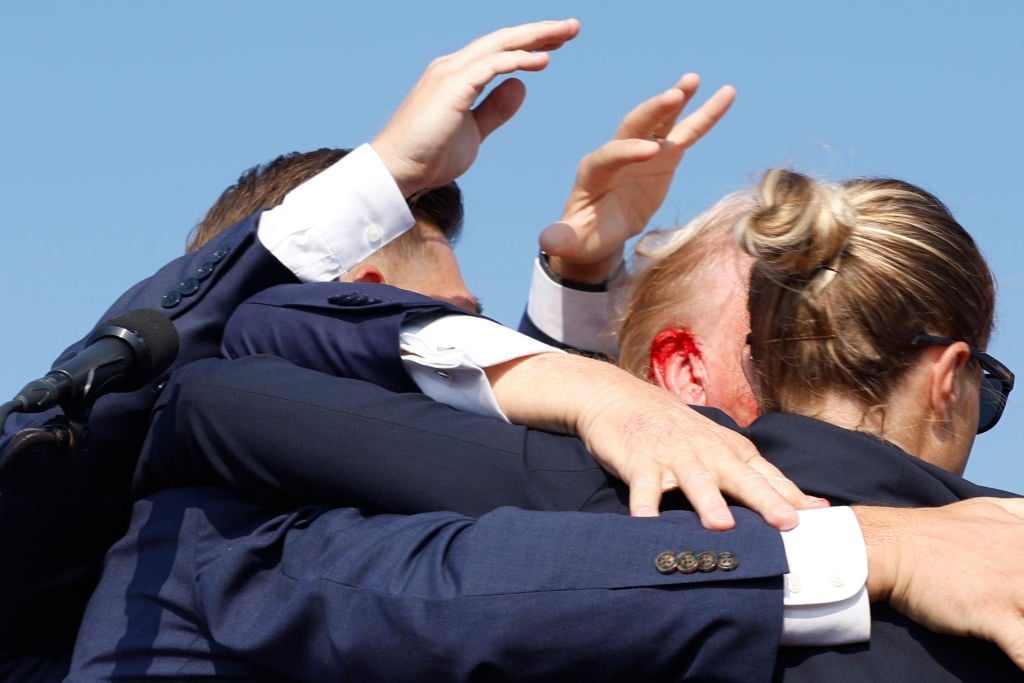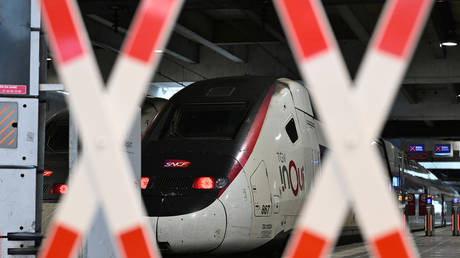During the past several weeks, Eritrea has been one of 14 states that have had its human rights record reviewed by the United Nations Human Rights Council’s Universal Periodic Review (UPR) Working Group. The extended meeting, being held in Geneva, is the fourth time that Eritrea’s rights record has been reviewed by the UPR mechanism. A total of 98 countries participated in the review, offering their general feedback and recommendations.
Background on the UPR
The UPR is a unique mechanism of the 47-member, Geneva-based Human Rights Council (HRC) aimed at improving the human rights situation on the ground of each of the 193 United Nations (UN) Member States. Through the UPR mechanism, the human rights situation of all UN Member States – regardless of size, wealth, or power – is reviewed every 5 years. 42 countries are reviewed each year during three Working Group sessions dedicated to 14 states each. The reviews are conducted by the UPR Working Group, which consists of the 47 members of the HRC. It is important to note, however, that any country can take part in the dialogue with the country being reviewed. Each review is assisted by groups of three states, known as “troikas”, who serve as rapporteurs. The selection of the troikas for each state is conducted through a drawing of lots following elections for the HRC membership in the United Nations General Assembly (UNGA).
The UPR was established when the HRC was created on 15 March 2006 by the UNGA through resolution 60/251. Recall that since its creation in 1946, the United Nations Commission on Human Rights (UNCHR) served as the functional commission mandated under the Economic and Social Council (ECOSOC) to act as the UN’s principal mechanism and international forum concerned with the promotion and protection of human rights around the world. However, the body was often criticized for its excessive politicization, selectivity, and double standards.
In a 2005 report, then-UN Secretary-General, Kofi Annan criticized the UNCHR and called for the establishment of a new human rights body to replace it. He noted how the UNCHR’s “capacity to perform its tasks has been increasingly undermined by its declining credibility and professionalism,” and that “a credibility deficit has developed, which casts a shadow on the reputation of the United Nations system as a whole.” Subsequently, in 2006, the HRC was established to replace the Commission, and mandated to “undertake a universal periodic review, based on objective and reliable information, of the fulfillment by each State of its human rights obligations and commitments in a manner which ensures universality of coverage and equal treatment concerning all States.” The first UPR session was held in April 2008; since then, all 193 UN member States have been reviewed multiple times across several UPR cycles.
As noted above, as one of the main features of the HRC, the UPR is designed to ensure equal treatment for every country when their human rights situations are assessed. It provides an opportunity for all states to declare what actions they have taken to improve the human rights situations in their countries, to fulfill their human rights obligations, and to overcome challenges to the realization of human rights. The UPR also includes a platform for sharing best human rights practices, which can be a significantly positive force for capacity-building and technical assistance. Currently, outside of the UPR, there are no other universal mechanisms in existence, and the UPR is also the first human rights mechanism to ever achieve 100% participation – on several occasions – by UN member states. In addition, due to its very nature, the UPR permits civil society to advocate and take part in the implementation of human rights obligations.
For many countries, including Eritrea, the UPR mechanism is regarded as the main mechanism of intergovernmental cooperation to examine human rights issues at the national level in all countries, without distinction. One of the main reasons that so many countries actively participate and cooperate with the UPR is because it functions as a cooperative mechanism with a non-adversarial and interactive dialogue-centered approach. Moreover, it maintains a focus on promoting the universality, interdependence, and indivisibility of all human rights and the equal treatment of all countries.
Importantly, like most UN Member States and almost all developing countries, Eritrea strongly opposes double standards as well as counterproductive selective, politically motivated, country-specific approaches. Instead, Eritrea strongly believes that the promotion and protection of human rights should be based on impartiality, genuine dialogue, constructive engagement, and close cooperation to strengthen the capacity of states to comply with their human rights obligations. As Eritrea’s delegation pointed out during their opening statement in Geneva, the country regards the “UPR review as a truly unique, constructive, and cooperative mechanism. Our experiences from previous reviews are nothing but positive.”
Highlighting Eritrea’s present review
The present review was Eritrea’s fourth, with Kuwait, Malawi, and Romania serving as rapporteurs (“troika”). (Eritrea’s first, second, and third reviews took place in May 2009, January 2014, and January 2019, respectively.) Eritrea’s last review resulted in 261 recommendations, with the vast majority being accepted by the country. In the words of the Eritrean delegation, past recommendations “have been valuable in our efforts to build a better and more just society in Eritrea.”
Eritrea’s present report demonstrates that it has achieved a lot towards the protection of an array of rights, despite facing a considerable number of challenges. For instance, since its last review, the country has acceded to 7 regional and global instruments, including the Paris Agreement and ILO Convention No. 182 on Child Labor.
The report also details how the country has maintained a continuous focus on improving access to and quality of healthcare in the country. In close cooperation with development partners, health is now a guaranteed fundamental right in Eritrea. This was achieved through universalization, affordability, and enhancing modern medical infrastructure. Through this commitment, disease remedy and prevention have increased manifold, disease incidence decreased significantly and the average life expectancy has risen.
In terms of education, Eritrea’s report describes how education remains a high priority in the country, and it is regarded as key to lasting peace, sustainable development, and the eradication of poverty. Under the motto “education for all”, education in Eritrea is universal and free from kindergarten to tertiary level, while basic education is compulsory for both boys and girls. Over the years, Eritrea has managed to register important progress, including in literacy, enrolments, gender parity, and other measures.
Beyond these improvements, the Eritrean report details progress in other areas. Importantly, the Eritrean delegation also emphasized that Eritrea, like all countries, has room for improvement and that it will continue to work hard to ensure better and higher human rights standards.




